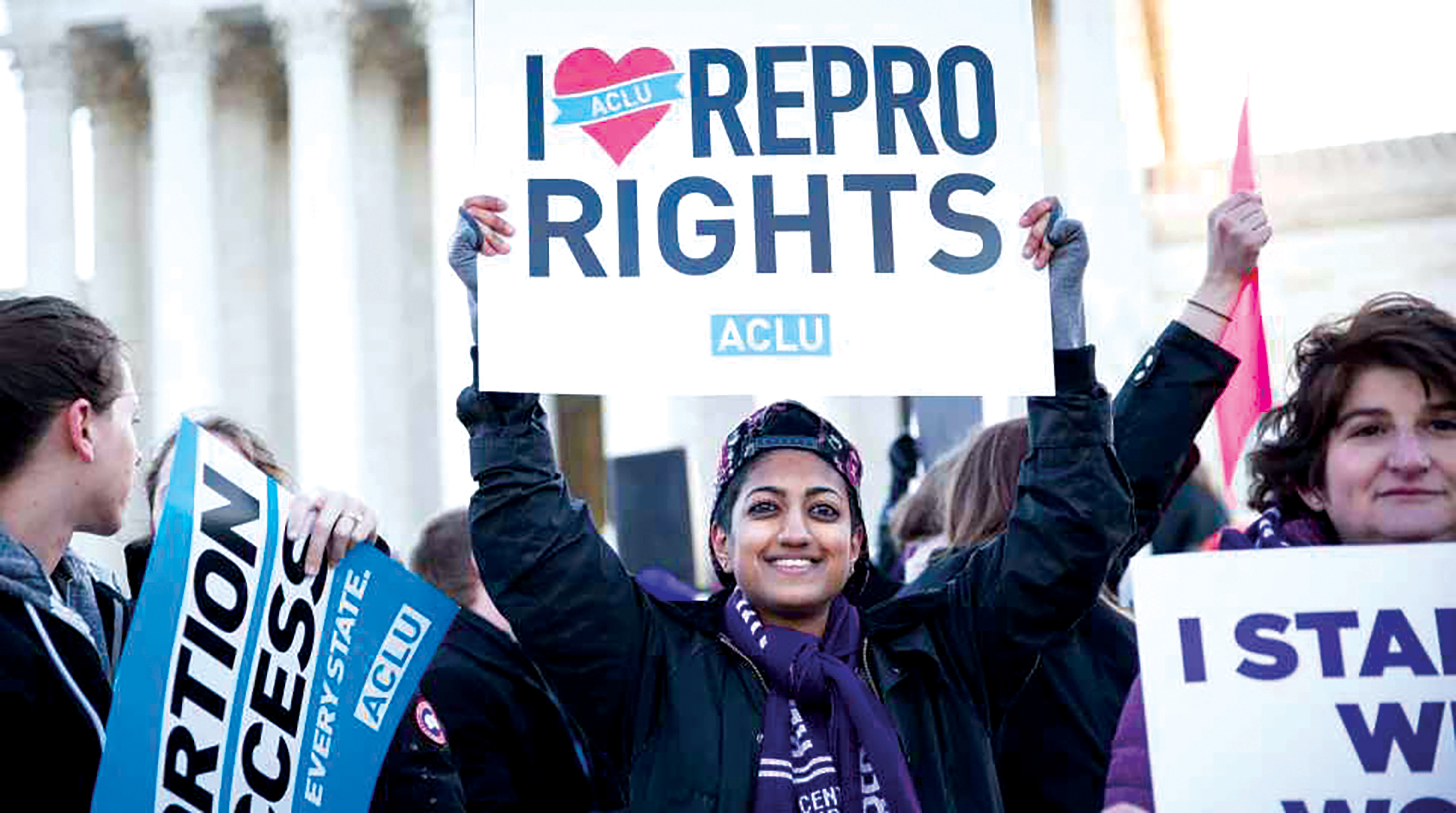
India was amongst the first few countries to create a legal and policy framework guaranteeing access to abortion and contraception. Despite this, women and girls continue to experience significant hurdles to full enjoyment of their reproductive rights, which includes poor quality of health services and denial of girls’ and women’s decision-making authority.
From the concept of decision-making authority come the terms of consent. The requirement of informed consent follows from our respect for a person’s capacity to make her own (informed) decisions in relation to her body (what is called bodily autonomy). When we talk about a woman’s reproductive health, she has the right to life and liberty, equality, privacy, as well as rights guaranteed under an Act and statutes.
The Medical Termination of Pregnancy Act, 1971 (the MTP Act) which was amended in 2002 legalises abortion in India for certain reasons such as risk to life or chances of affecting physical or mental health of mother, severe foetal anomalies, failure of contraception in married women and pregnancy resulting from rape, for up to 20 weeks. In rare cases, courts have allowed MTP up to 24 weeks. Husband’s consent is not mandatory for MTP. Also, it is important to highlight that sex selection is not a legal ground for terminating a pregnancy, and is rather an offence.
Age of consent for sex is now 18 years for females. A rape victim can approach any police station and a zero FIR is lodged, in which, complaint can be registered and enquiry initiated. While a rape victim can opt out of physical examination, an accused can’t. A person breaching the anonymity of a rape victim is liable for punishment, that is, imprisonment. Trial for a rape has to be an in camera trial to protect anonymity of victim.
The Surrogacy (Regulation) Bill passed in the Lok Sabha in December 2018 emphasises that only altruistic surrogacy is allowed for infertile Indian couples by close relative only. The couple should have been married for at least five years and have a doctor’s certificate certifying infertility. Couples already having children can’t opt for it. Singles, homosexuals and live-in couples can’t apply for it. The surrogate should be married and have at least one biological child. The child born out of surrogacy is deemed the biological child of that couple and cannot be abandoned under any circumstances.
Some relevant judicial pronouncements:
Legislation in India and pronouncements by the Con-stitutional Courts have been in line with various international conferences, conventions and treaties and therefore have been able to establish a regime at par with other countries. However, the application of the said laws and the judicial pronouncements has somehow not been able to protect the rights of the females in its letter and spirit. The state also has not been able to provide the mechanism and the machinery to execute such laws and judicial pronouncements largely due to unawareness and literacy amongst the masses. In such a scenario, a collective effort on behalf of the state, police and other authorities including the courts would be needed to put in place a better system for implementation of such beneficial social legislations to the society at large.
Conclusion
No law will prevent the reality of the ethical dilemmas typical of human existence. Some cases will present with such ethical complexity that there will be no guideline or precedent, just training and experience. Society proffers all kinds of opinions and sometimes it seems that the more extreme this opinion, the more likely it is to be heard.
But we should think logically by asking ourselves a simple question: If we were to find ourselves or our daughters in some of the dilemmas faced by women, what would we do?
Dr Richie Gupta is Director, Plastic Surgery and Anisha Mathur is advocate, Gender Identity team, Fortis Hospital, Shalimar Bagh
Five quiet corners across Delhi-NCR where February evenings slow the city down, letting breeze, fading…
A solo exhibition by Anjali Mittal exploring emotion, memory and intuition through layered blue-hued paintings
The incident occurred on Saturday near Bakhtawarpur. A senior police officer said a team rushed…
V K Saxena approves 20 per cent reservation, age relaxation, and test exemption for ex-Agniveers…
The fair at Gandhi Darshan brings together emerging and senior artists, showcasing over 200 artworks…
State Names Authority approves renaming of two metro stations and modifies seven others, aligning station…